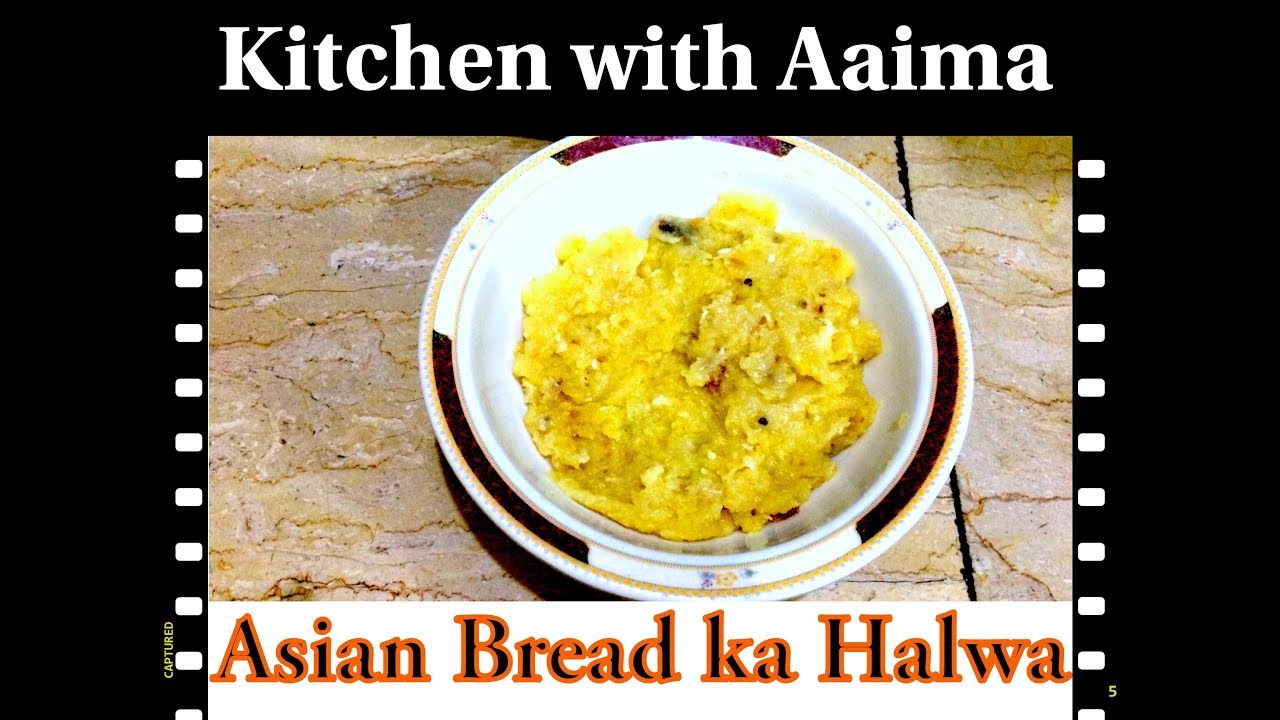Halwa is a beloved dessert in many South Asian households, known for its rich flavors and delightful texture. This sweet dish can be made using various ingredients, each bringing its own unique twist to the recipe. Whether you're celebrating a special occasion or just want to indulge in a comforting treat, making halwa is easier than you might think. In this post, we will guide you through simple recipes that you can easily follow, making your kitchen smell heavenly. Let’s dive into the ingredients you’ll need to whip up this delicious dessert!
Ingredients Needed

Creating the perfect halwa requires just a few essential ingredients. Here’s a breakdown of what you’ll need:
- Semolina (Sooji) - 1 cup
- Ghee (Clarified Butter) - ½ cup
- Sugar - 1 cup (adjust to taste)
- Water or Milk - 2 cups
- Nuts (Almonds, Cashews) - ¼ cup (chopped)
- Raisins - ¼ cup
- Cardamom Powder - ½ teaspoon
- Food Color (optional) - a pinch (for a vibrant look)
Let’s break down these ingredients:
| Ingredient | Purpose |
|---|---|
| Semolina | Main ingredient that forms the base of halwa. |
| Ghee | Adds richness and flavor, making the halwa melt in your mouth. |
| Sugar | Sweetness that balances the rich flavors. |
| Water/Milk | Hydrates the semolina and creates the desired consistency. |
| Nuts and Raisins | Adds crunch and sweetness, enhancing the overall taste. |
| Cardamom Powder | Infuses a lovely aroma and flavor. |
With these simple ingredients at hand, you’re all set to start your halwa-making adventure!
Also Read This: A Guide to Saving Dailymotion Videos Offline on PC and Mobile
Step-by-Step Instructions
Making halwa is a delightful experience that fills your kitchen with a warm, sweet aroma. Let’s break it down into simple steps to ensure you achieve the perfect consistency and flavor every time!
- Gather Your Ingredients: You’ll need:
- 1 cup semolina (sooji)
- 1 cup sugar
- 1/2 cup ghee (clarified butter)
- 2 cups water or milk
- Cardamom powder (to taste)
- Chopped nuts (almonds, pistachios) for garnish
- Roast the Semolina: In a heavy-bottomed pan, heat the ghee on medium flame. Add the semolina and roast it until it turns a light golden color. This step is crucial as it enhances the flavor.
- Add Liquid: Gradually pour in the water or milk, stirring continuously to avoid lumps. The mixture will bubble up, so be cautious!
- Incorporate Sugar: Once the liquid is absorbed, add the sugar and mix well. You’ll notice the halwa starting to thicken. Keep stirring for a few more minutes.
- Flavor It: Sprinkle in the cardamom powder and mix thoroughly. This adds that lovely aromatic touch.
- Serve: Transfer the halwa to a serving dish and garnish with chopped nuts. Enjoy it warm!
Also Read This: How to Make a Robot at Home: Fun DIY Project on Dailymotion
Tips for Perfect Halwa
Creating the perfect halwa is an art, and a few tips can elevate your dish from good to absolutely divine. Here are some friendly pointers:
- Use Quality Ingredients: Fresh ghee and high-quality semolina make a significant difference in taste.
- Don’t Rush the Roasting: Take your time while roasting the semolina; a good roast enhances the halwa’s flavor.
- Adjust Sweetness: Taste the mixture as you go. Some prefer sweeter halwa, while others like it less sweet—find your balance!
- Choose Your Liquid Wisely: Milk adds creaminess, while water keeps it lighter. Feel free to experiment!
- Garnish Generously: Nuts not only add texture but also a lovely visual appeal. Consider adding golden raisins for added flavor.
With these tips, you’re well on your way to creating a halwa that will impress everyone at the table. Happy cooking!
Also Read This: Casting Dailymotion Videos on Chromecast
5. Common Variations of Halwa
Halwa is a delightful dessert that comes in numerous variations, each with its own unique flavor and texture. Here are some popular types you might want to try:
- Suji Halwa (Semolina Halwa) - Made from semolina, this variation is flavored with cardamom and garnished with nuts. It has a delightful grainy texture and a sweet aroma.
- Besan Halwa (Gram Flour Halwa) - A rich and nutty version made from roasted gram flour, often enhanced with ghee and flavored with saffron for a luxurious touch.
- Carrot Halwa (Gajar Ka Halwa) - This popular winter treat is made from grated carrots and slow-cooked with milk, sugar, and nuts, resulting in a vibrant, sweet dish.
- Moong Dal Halwa - A unique take using split yellow moong dal, this halwa is creamy and rich, often enjoyed during festivals.
- Pineapple Halwa - A fruity twist on traditional halwa, where fresh pineapple is cooked with semolina and sugar, offering a refreshing flavor.
Each of these variations carries its own cultural significance and can be made with different ingredients depending on regional preferences. For example, Gajar Ka Halwa is especially popular in North India during winter festivals.
6. Conclusion
Making halwa is not only about the ingredients; it’s a celebration of flavors and textures that bring joy to any occasion. Whether you choose the traditional Suji Halwa or explore variations like Gajar Ka Halwa, the process is simple and rewarding.
Remember, the key to a perfect halwa lies in:
- Choosing high-quality ingredients
- Cooking it patiently
- Adding a personal touch with spices and nuts
So, roll up your sleeves, gather your ingredients, and start cooking! With these easy recipes and variations at your fingertips, you’ll be able to impress friends and family with your halwa-making skills. Don't forget to share your creations on Dailymotion, inspiring others to join in the fun!
 admin
admin








